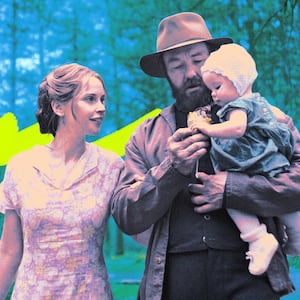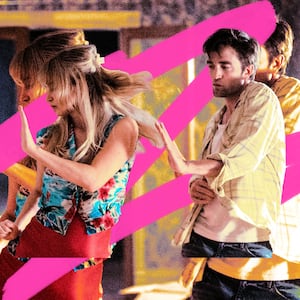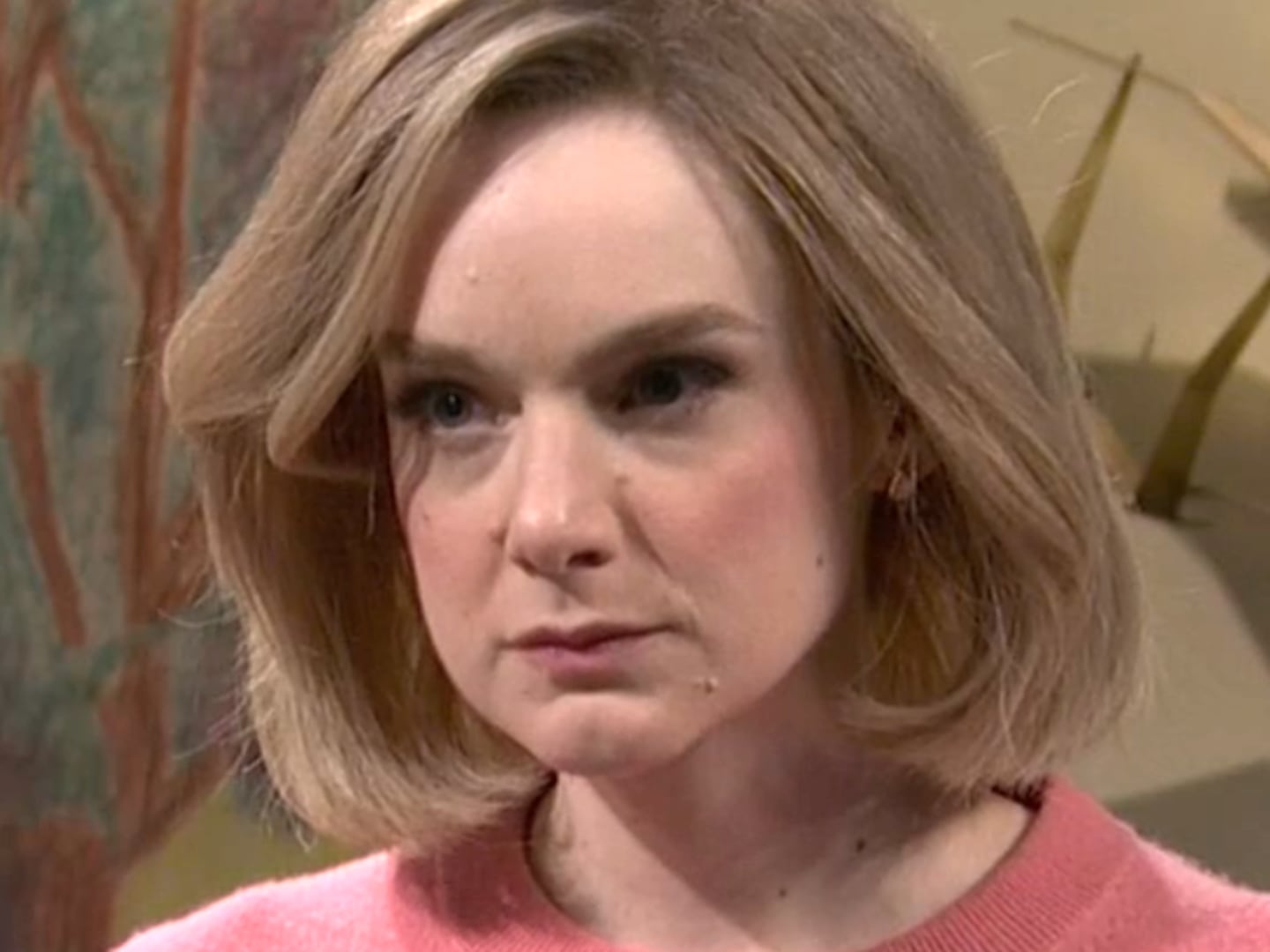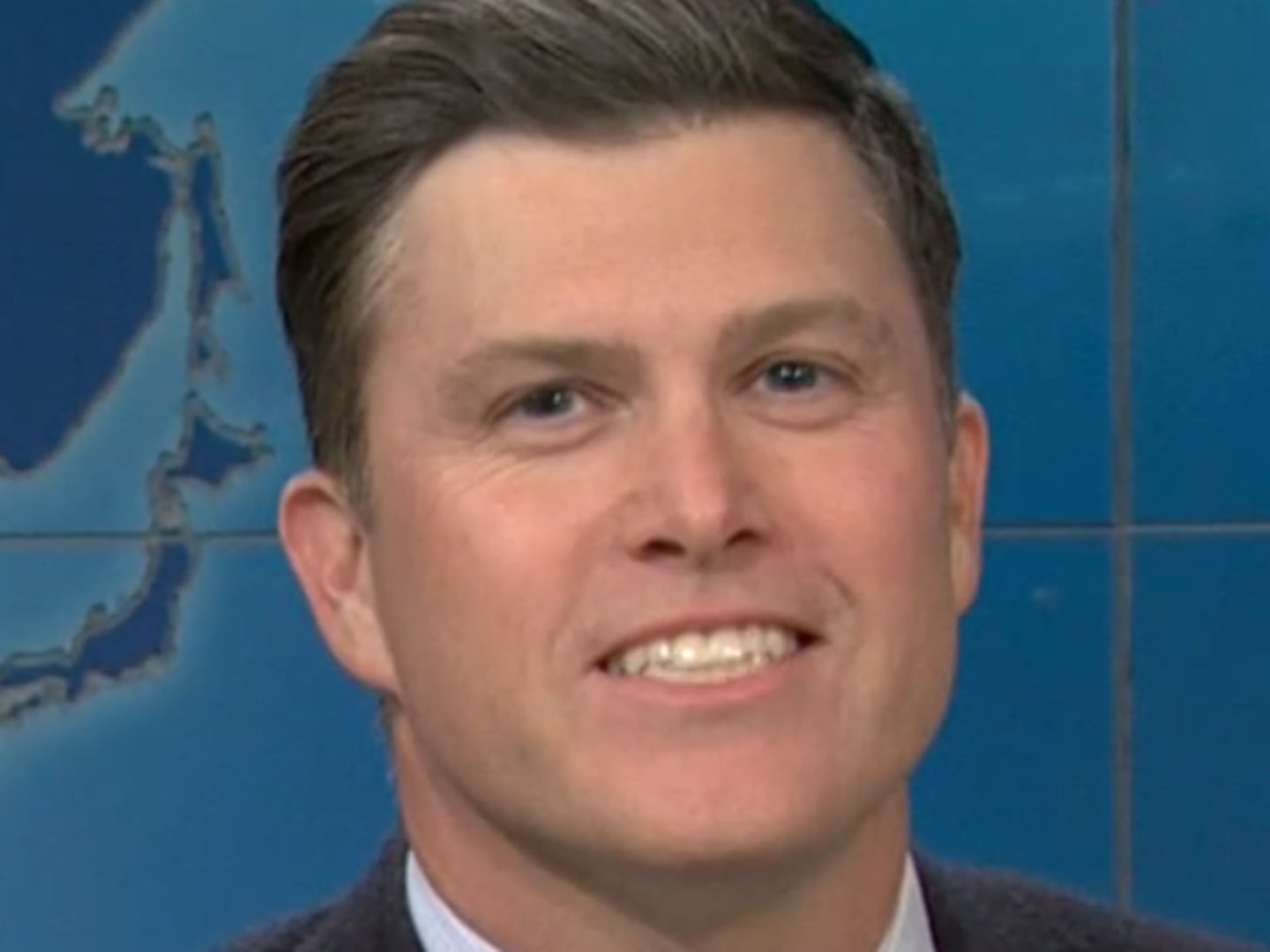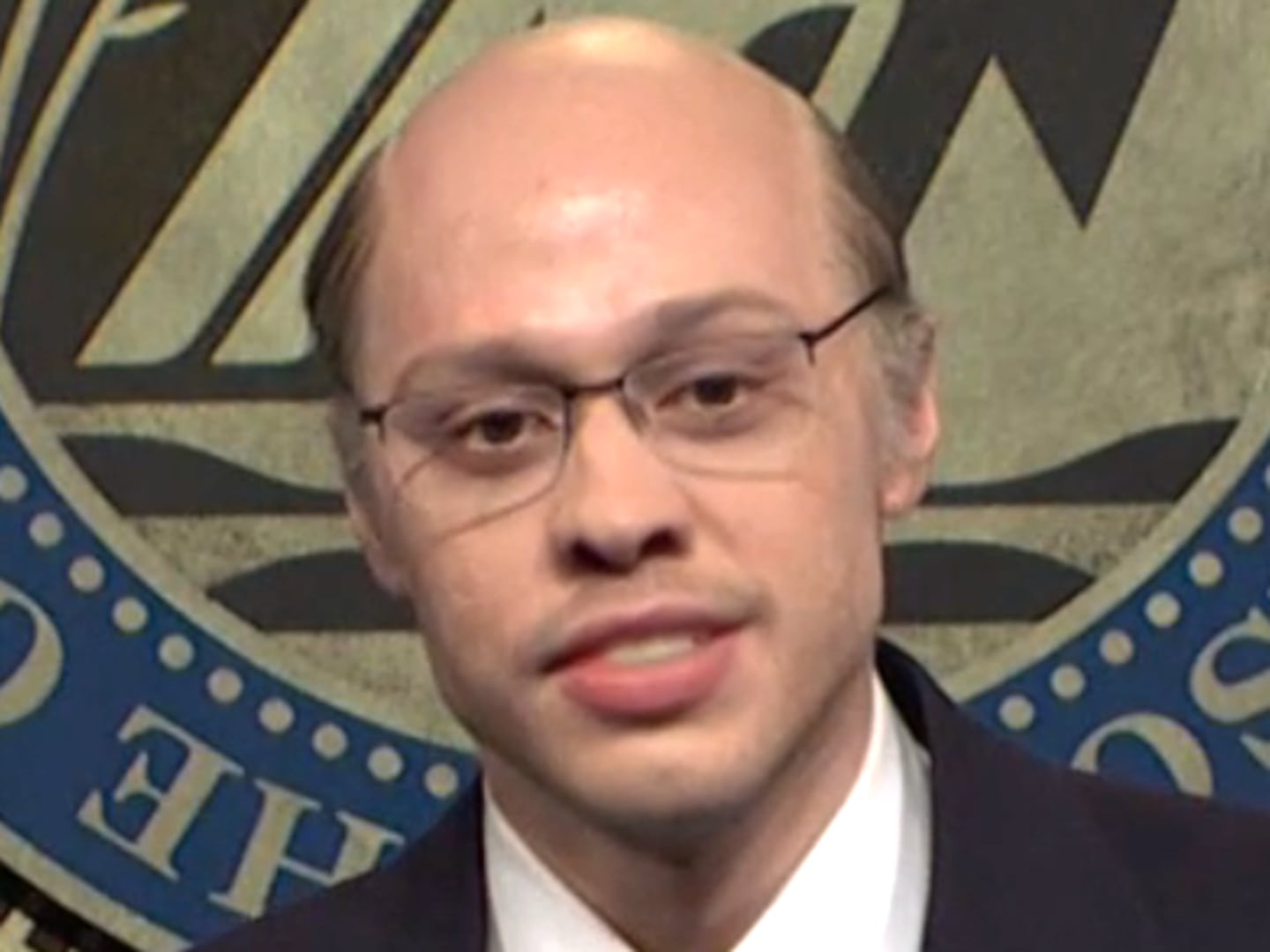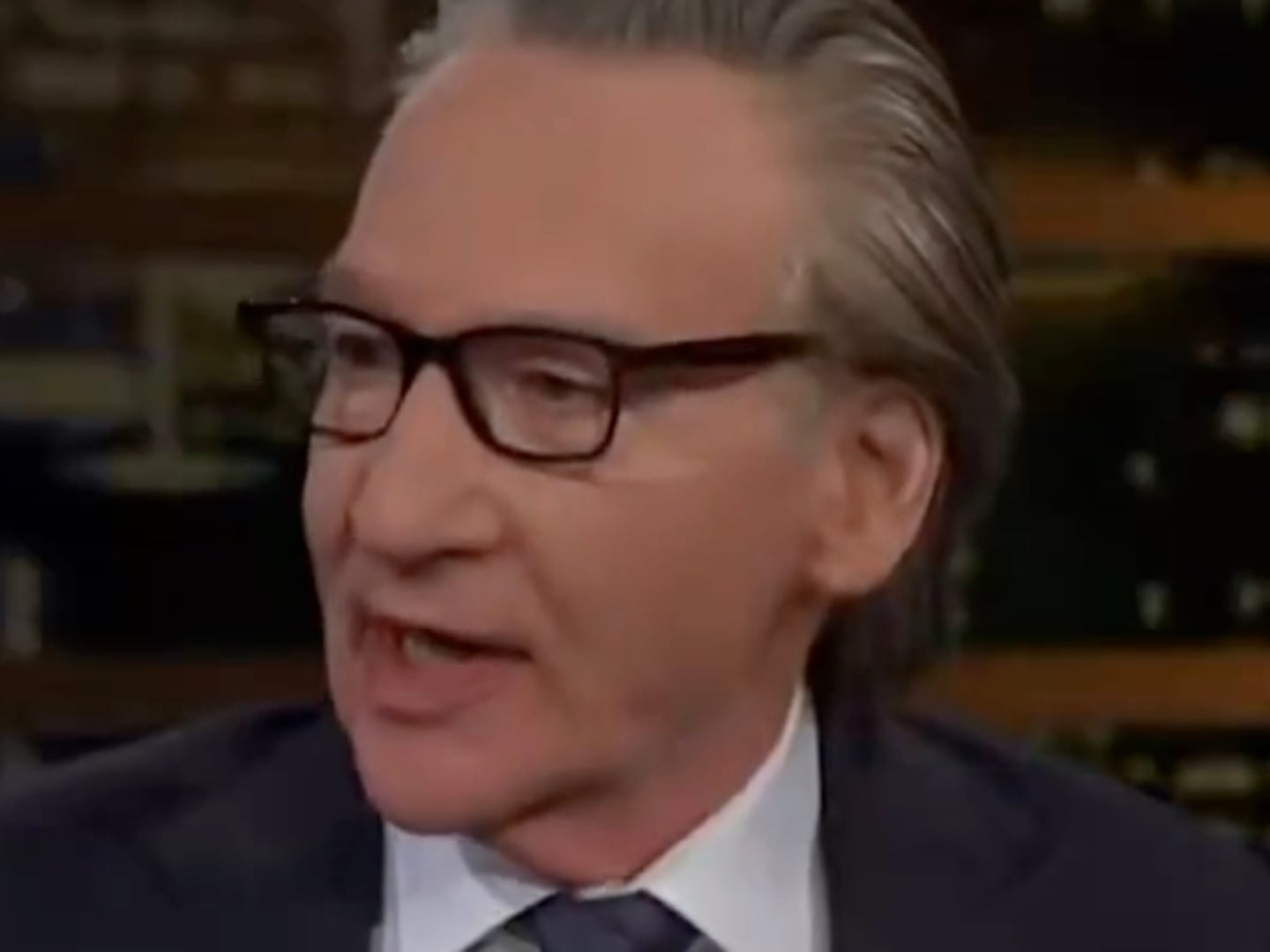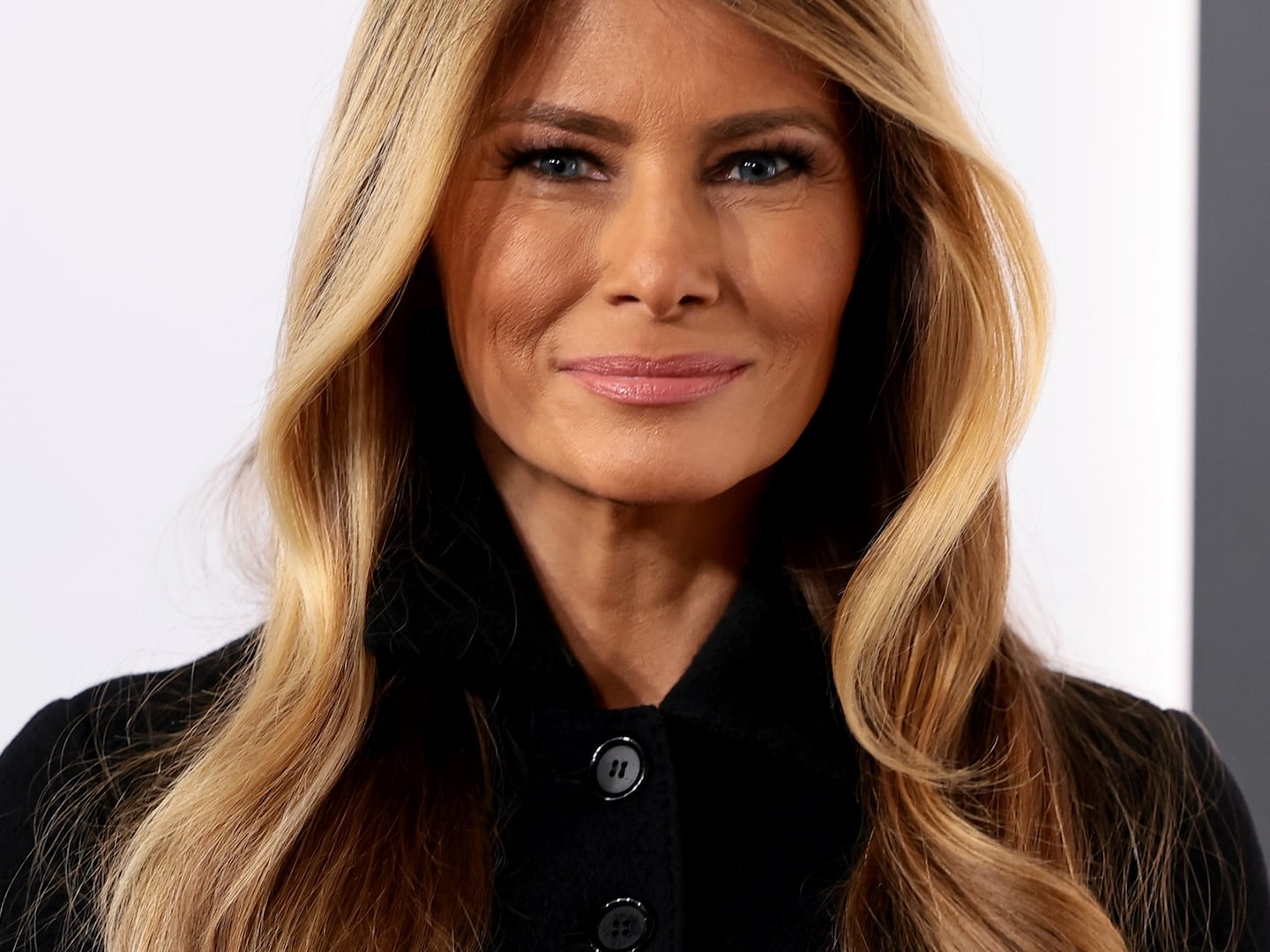Zodiac Killer Project is about Lyndon E. Lafferty’s 1970s search for the Zodiac Killer. Yet it’s also far more than that: a deconstruction of both Lafferty’s quest and the cinematic form director Charlie Shackleton would have used to tell it had he secured the rights to the former California Highway Patrolman’s book The Zodiac Killer Cover-Up: The Silenced Badge.
Shackleton’s documentary, which hits theaters Nov. 21, is a playful mixture of film criticism and true-crime storytelling that takes the genre apart, piece by piece, to reveal its now-codified clockwork structure. However, in pinpointing the various conventions employed by such affairs, it underscores their effectiveness. Consequently, it’s a work that simultaneously breaks down and builds up, critiques and celebrates, all as it spins a fanciful real-life yarn about a cop convinced that he’s hot on the trail of the legendary serial killer.
Over panoramas of empty parking lots, non-descript streets, and buildings used as stand-ins for the actual locations in Lafferty’s book, Shackleton narrates Zodiac Killer Project with wry incisiveness, his commentary vacillating between portentous and jokey, complete with regular bouts of laughter at the goofier aspects of Lafferty’s saga and, also, the manipulative devices he’d have employed to turn it into a film.
Identifying and pulling apart true crime’s most tired tropes in order to shine a spotlight on how they deceive and tantalize through insinuation, the director’s documentary is tailor-made for fans of multi-part series like The Jinx and Making a Murderer—two of the many ancestors that are sliced and diced by Shackleton.
Zodiac Killer Project is the final word on true crime, shattering and reassembling it with equal parts ridicule, amusement, and love, such that it proves emblematic of all that’s wrong and right with the genre. For the 24-year-old Shackleton, a British filmmaker, multimedia artist, and critic, it’s a triumphant melding of the serious and the silly, the analytical and the affectionate.
A must-see for those who can’t resist devouring every new murder-mystery streaming miniseries and Dateline whodunit, it’s the most formally daring and entertaining documentary of the year. Ahead of its release, we spoke with Shackleton about the origins of his self-conscious latest, his favorite true-crime tricks of the trade, and why he never got to properly make Lafferty’s tale.

First, to touch upon a detail you highlight in Zodiac Killer Project, what’s your middle name, and does using it make you sound like a serial killer?
So get this—I have no middle name, so I am inherently trustworthy [laughs]. You could go anywhere with me. You can go down any dark alley and feel completely safe.
In a line-up, you’re immediately cleared.
It’s just not going to happen.
In the film, you say that you’re not at peace with failing to make a movie about Lyndon Lafferty. Do you still feel that way?
While I was still making the film, and even in the final stages of post-production, it still did feel somewhat like a consolation prize. I think it’s only been since the film’s been screening, and I’ve got to actually see it have this very different lifecycle than a true crime film would have, that I’ve not only made my peace with it, but come to see this as actually a good outcome.
That’s not to say there isn’t still a slight pang about what could have been, and certainly the scale of what could have been. Because when you make an experimental documentary, it doesn’t reach quite as many people as a true crime film. But I think it’s also become clear to me that all the things a film like this gets to do, a project like that inevitably wouldn’t have done: being in theaters, at tour festivals, traveling around the world in kind of strange and unexpected ways.
Was theatrical always a goal for you?
I’ve made a few films for streaming services, and to some extent, you have to take it on faith that people are watching the thing. So instead, getting to be in the room with the audience and hearing the response has been literally, physically cathartic. In a way, that’s really changed my view on it.

It is, among other things, a really funny movie.
The humor honestly didn’t occur to me until Sundance, at the world premiere, sitting there watching it with everyone. I had it in my head that there were a few laugh lines in the movie and I was kind of waiting for them to come. But the fact that, instead, it played as a comedy was so unexpected to me and so incredibly welcome. I suppose inevitably, when you only see a film in small rooms with one or two people who are doing the color grade or whatever, you don’t really experience it as you will with an audience.
Was it important to have fun with the material, such as keeping your laughter in your narration?
Some people hate the moments where I laugh at my own jokes. And understandably, because I know that seems self-satisfied. The thing I always have to stress to them is there were other people in the studio! [laughs] I was laughing with them, not at myself. But their laughter isn’t captured, so it just sounds like the most self-congratulatory thing imaginable.
The thing I was trying to capture is the way that I have had conversations about true crime, privately, with other filmmakers who’ve worked in that world. Inevitably, those conversations do happen in this strange, slightly queasy tone where you’re being both sincere and kind of glib at the same time, and you’re often talking about the sort of daily absurdities and indignities of film production, but in relation to this very morbid subject matter. You’re constantly confronted by this uneasy series of overlapping tones.
Speaking of contrasting tones, true-crime affairs often straddle this line where, in trying to pay tribute to victims, they act sincerely sympathetic, even though they’ve previously exploited death and suffering for suspense. How did you approach that dynamic when making Zodiac Killer Project?
I think you’re right to say that often, those two things which seem so contradictory can coexist sincerely. Filmmakers can go into these projects with an earnest desire to do right by the victims, and to tread carefully with their ethical choices. And yet they can nonetheless still find themselves beholden to the demands and formulas of the genre in a way that makes creating an ethically sound piece of work almost impossible.

For me, on the one hand, I had the privilege of not making a true crime film, so I was not beholden to a lot of those same tropes and formulas that can quite easily push you into making ethically troubling choices. But that isn’t to say I didn’t have to grapple with, what are the lines I don’t want to cross in exploring something problematic in order to critique it? That can apply in a million different circumstances. But I have a background as a film critic, so I have crossed this road many times where it’s like, what do you replicate in order to critique something that you find troubling?
Did you set any boundaries for yourself?
I did set myself various rules that I wanted to follow. For instance, this was a fairly small choice and it didn’t really hinder me in a very direct way, but I decided early on that I didn’t want to have any dead bodies on screen in the clips that I show critiquing other true-crime films and TV shows. To me, that felt like an unnecessary violation of a real life that someone lived, in order to make a pop cultural critique. That equation felt pretty simple to me.
But even when I made that choice, I had already included two or three, without even thinking about it, because they were just embedded in the clips. And they weren’t even the point of the clips; they were just there. When you’re immersed in this stuff, like so many of us passively consuming it, it’s quite shocking to realize that you can take in an image like that without even processing it for what it is. I wasn’t watching the clip thinking, oh, there’s a dead body. It was just one more familiar image from a true-crime show.
Are there any true-crime conventions you particularly love or loathe?
One that I don’t particularly get into in the film, but I was definitely thinking about while working on it, is the way that narrative twists function in true crime, especially now that the majority of true crime takes an episodic form. When I was going to make my true-crime film, it was going to be a standalone film, so I wouldn’t necessarily have dealt with what, to me, feels like quite a major problem.
In these episodic series, whether they be television or podcasts, because the narrative twists and turns of true crime are usually around who seems guilty and who seems innocent at any one point in the narrative, I find it insanely troubling that if you stop watching a series halfway through, you could come away entirely convinced of the guilt of someone that the show itself, two episodes later, tells you is innocent.

You discuss in Zodiac Killer Project how these works convey truth through implication, and the thorniness of that process. Given the nature of Lafferty’s book—which is from his perspective, and is a theory rather than a conclusive account—how much did you think you were going to have to suggest in your original film?
Another privilege, or silver lining, that I had in not getting to make the original film is that I’m free to spitball in Zodiac Killer Project, and discuss all the things I might have done, all the things I imagined doing, all the things I wanted to do, but I never had to hit the wall of, oh, this is actually going out into the world, and now I need to make some really clear moral choices about what’s fair and what’s not.
The thing that’s difficult is, lots of those choices feel fine individually. With some of these decisions, you are just implying things. The example I give in the film is playing audio of someone speaking and implying that it’s the actual person as opposed to an actor that you’ve had read written material. I would say, in and of itself, that’s a fairly harmless deception, especially if you’re not explicitly claiming that it is something it isn’t. But the problem is, if you do that 10 times in 10 different ways, and the cumulative result is strongly creating a sense of someone’s guilt or a sense of someone’s character that doesn’t line up with reality, obviously that crosses over into a kind of outright deception.

It’s very hard to say where that line is, because these aren’t clear-cut ethical violations. Although it’s worth saying, they’re not exclusive to true crime either; they obviously exist across documentary subgenres. But one of the downsides of getting to make the film would have been that all my fun ideas would have eventually come into contact with reality, and I would have had to make some of these hard choices.
Did you ever learn why Lafferty’s family pulled out? Has that come to light since the film’s Sundance release?
No, and I’m not being evasive in the film. They were interested in it happening for a long time, and then they weren’t, and I never got an answer as to why. I’ve notified them about the existence of this film but haven’t heard anything. So I’m still none the wiser.
Is that surprising, especially given Zodiac Killer Project’s existence and the general true-crime boom?
Yeah, it is in some ways. But then again, these things happen all the time. I think the real anomaly here is my own error in having got so far in my own head, conceptually, with the project, because this wouldn’t be a remarkable story at all if I had just, like, read the book, sent a few emails to explore getting the rights, and then not been able to get them [laughs]. It was very much my bad, writing a whole movie in my mind.



